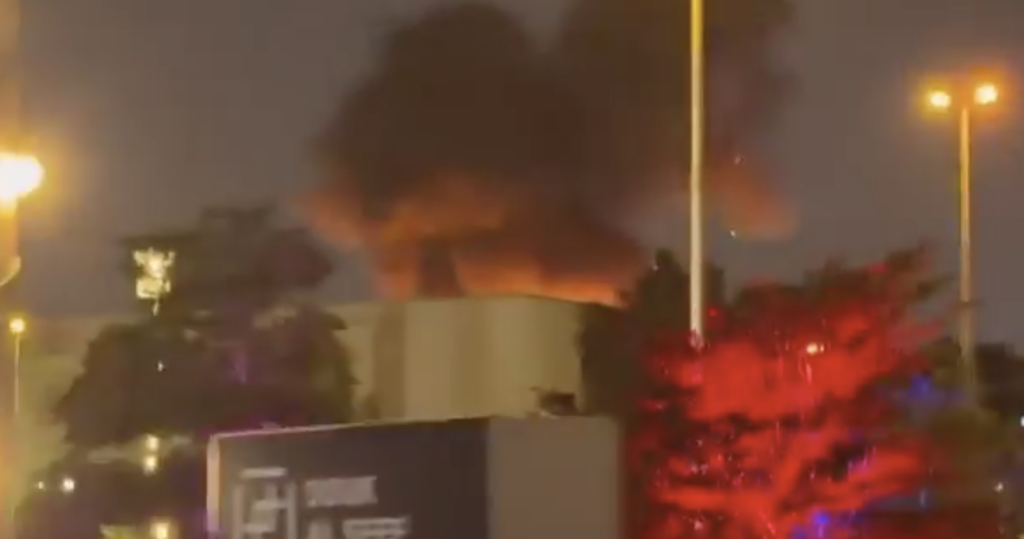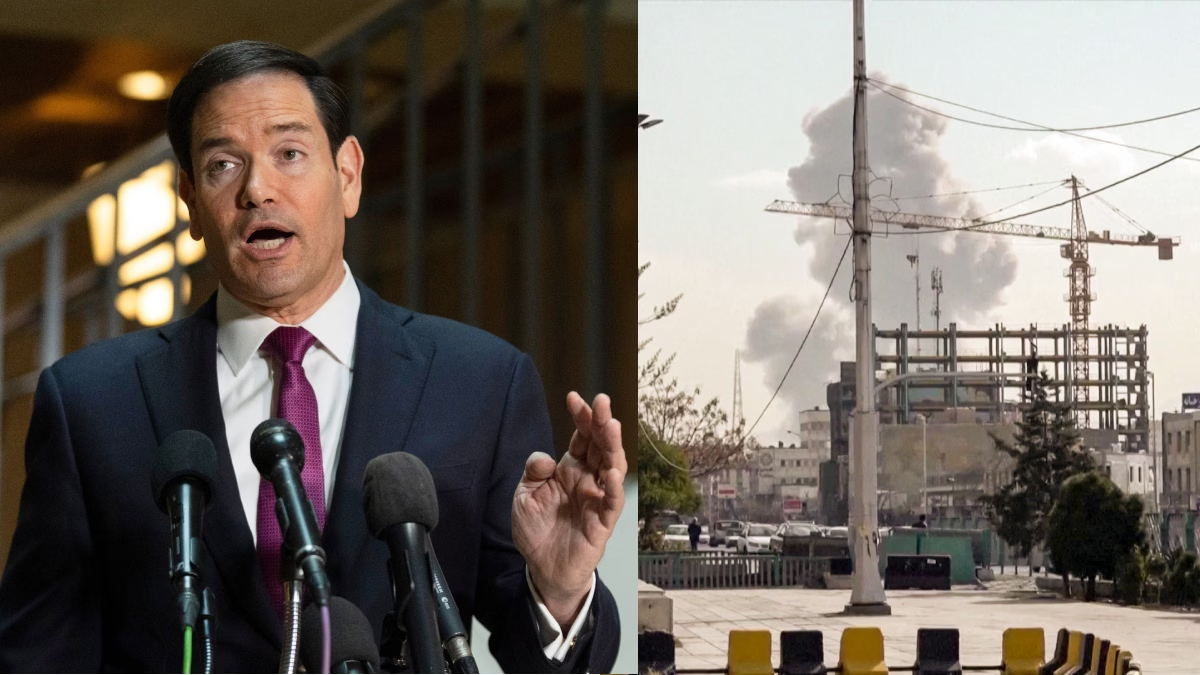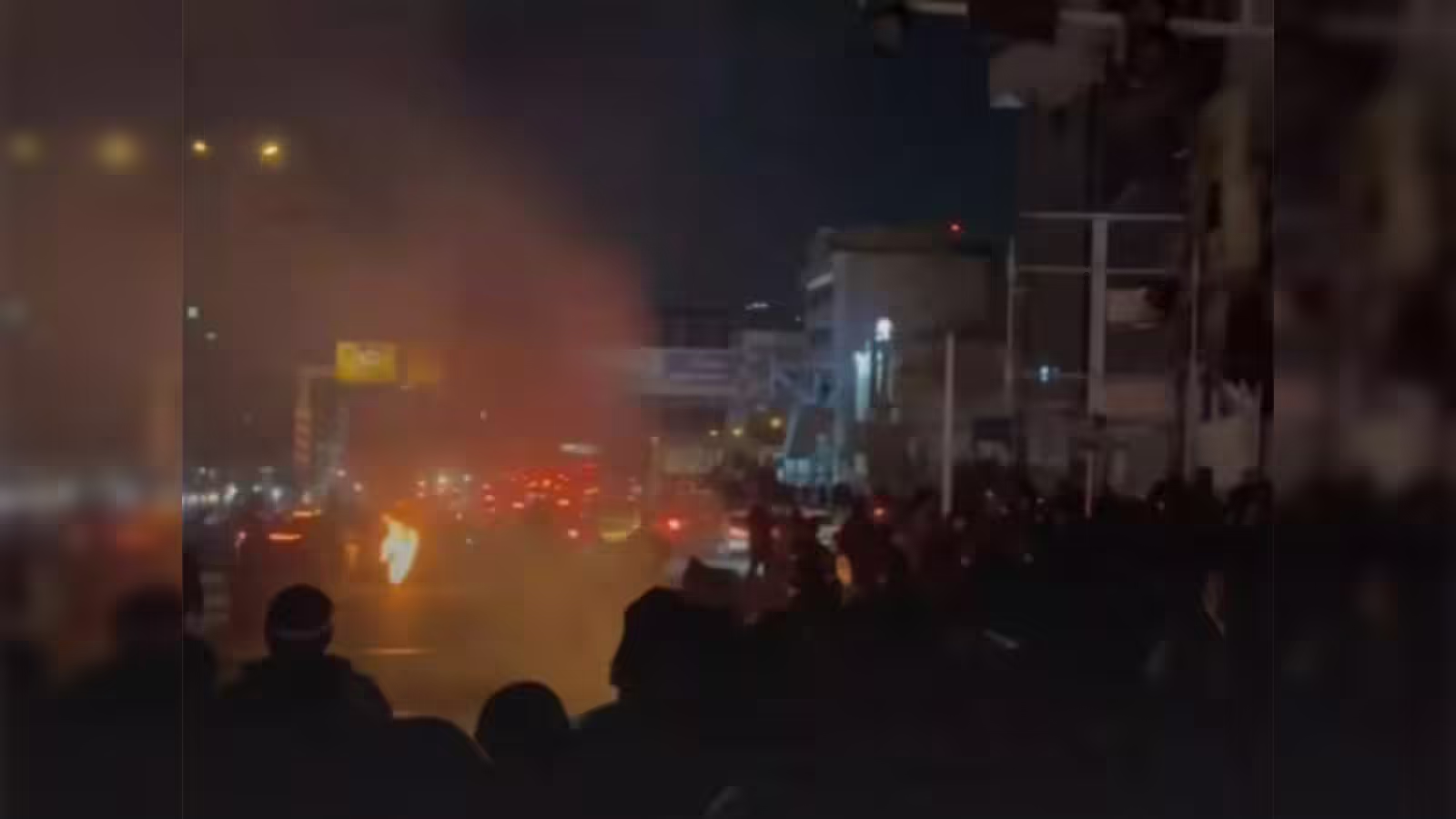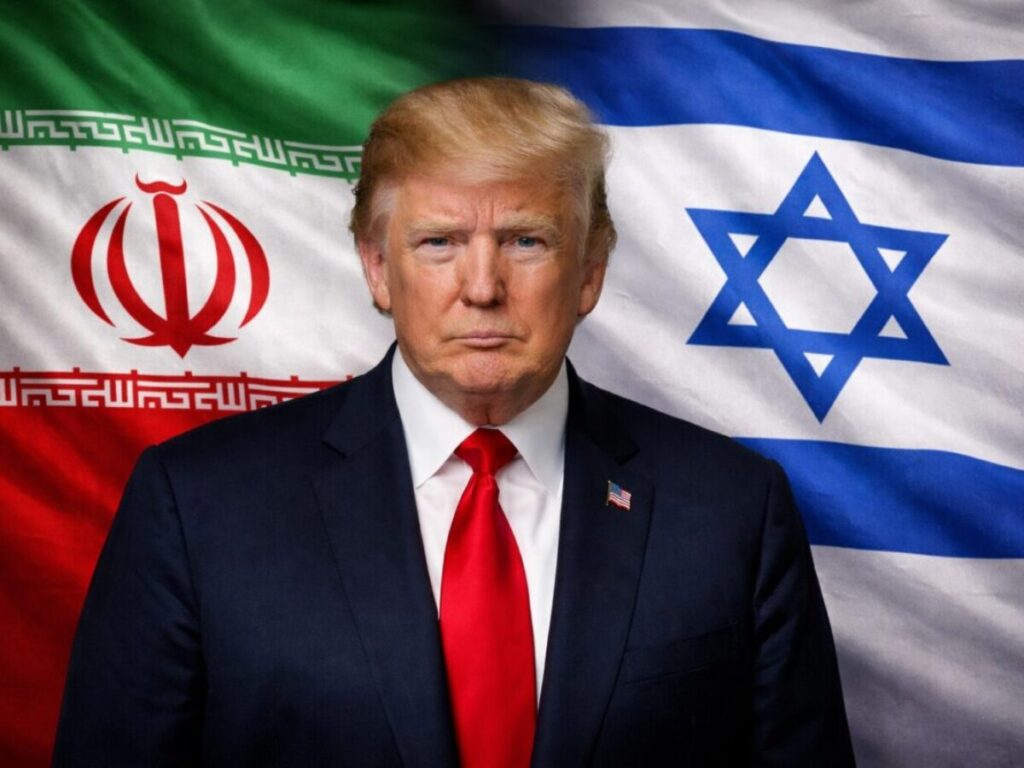
srael continued heavy bombing in Gaza City, likened by residents to the fiercest battles of the war, while peace talks led by the U.N. ended without agreements, a Palestinian Islamic Jihad official reported Thursday.
The conflict, ongoing for 10 months, has devastated Gaza and claimed over 38,000 Palestinian lives, according to Gaza’s medical authorities. On Thursday, Israeli airstrikes killed at least six in Gaza City and 19 elsewhere in the Gaza Strip, while the civil emergency service reported 30 bodies lying on inaccessible roads.
Prime Minister Benjamin Netanyahu accused Hamas of contradictory demands to a U.S.-brokered framework deal, without specifying details. Hamas stated it had yet to receive updates from mediators after making concessions to a U.S.-backed peace offer.
The U.S. is pushing for a peace deal in talks in Egypt and Qatar to end the Gaza conflict. Israel’s Shin Bet intelligence head is headed to Cairo for negotiations, Netanyahu’s office confirmed. U.S. National Security Adviser Jake Sullivan noted many details still need resolution.
Hamas accused Israel of stalling to sabotage negotiations, as previous talks since a November truce have failed. Meanwhile, Gaza City endured intense bombing, with residents reluctant to evacuate despite severe shortages of food, water, and medicine.
“We will die but not leave to the south,” said resident Mohammad Ali, reflecting the sentiment of many who prefer martyrdom over displacement.
Israel advised residents to use two “safe routes” to head south, though many vowed to stay. The Israeli military stated it follows international law and mitigates civilian harm, unlike Hamas. Critics accuse Israel of genocide, which it denies, asserting self-defense.
The conflict began with a Hamas-led attack on southern Israel, killing 1,200 people and capturing over 250 hostages. An Israeli report acknowledged failure in protecting Kibbutz Be’eri, a severely hit community.
Amid negotiations in Qatar and Egypt, Hamas accepted a truce could begin with some hostages released without Israel ending the war. In Shejaia, residents returned to destroyed homes after a two-week Israeli offensive, questioning the targeting of civilians and destruction of greenery.
“What is my guilt as a civilian?” asked resident Hatem Tayeh amid the ruins.




